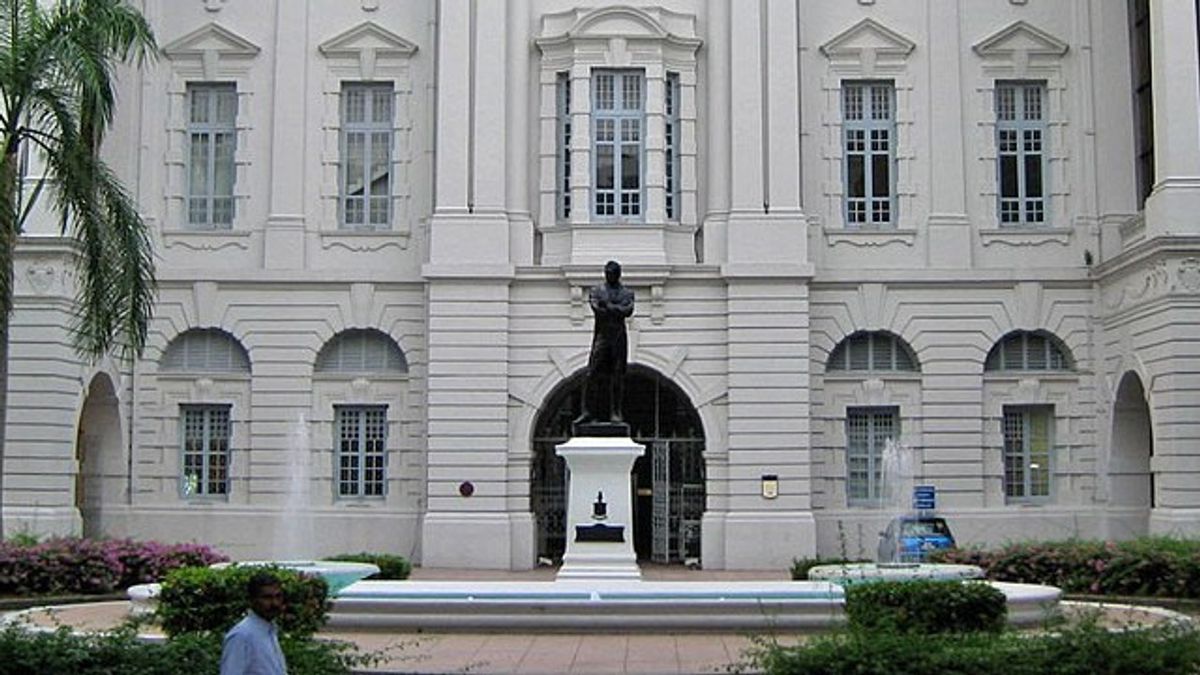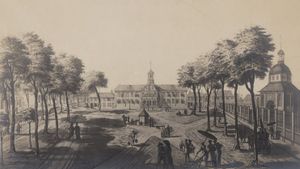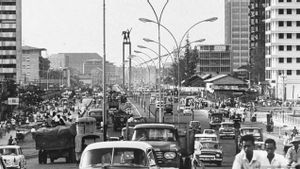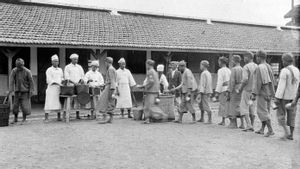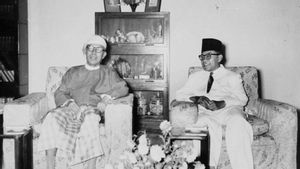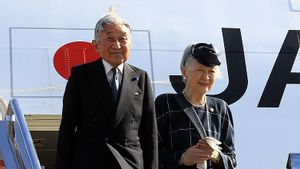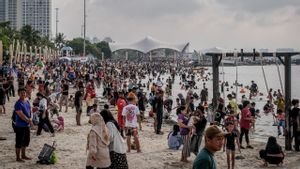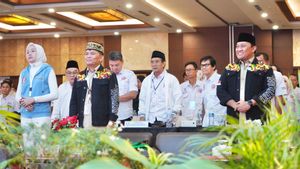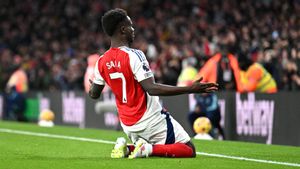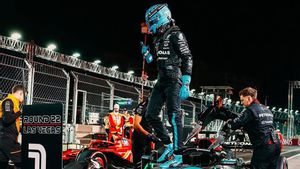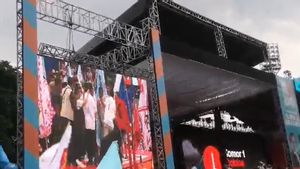JAKARTA History today, 136 years ago, 27 June 1887, the Singaporean resident government under British control inaugurated the Statue of the Father of Modern Singapore, Thomas Stamford Raffles. The presence of the statue is a form of British appreciation for Raffles' contribution to developing Singapore.
The statue was made by British well-known artist Thomas Woolner. Previously, Raffles' presence in Asia brought a new color in the colonialism era. He not only kicked the whole archipelago, but also beat Singapore.
Raffles' presence in Asia is full of dynamics. In the archipelago, let alone. He was ordered by Britain's trading partnership, the East India Company (EIC) which invaded the Dutch East Indies colonial government to serve as Lieutenant Governor General from 1811-1816.
Raffles' appointment was perpetuated because he was considered one of the people who had extensive knowledge about the archipelago. Raffles often shows interest in the various arts and culture of the archipelago. He was assisted by his subordinates starting to collect important libraries.
The results were brilliant. Raffles spawned a masterpiece. The History of Java, his name. The book is considered Raffles as an affirmation that no one knows Java Island better than him. Even though his leadership in the archipelago is relatively short.
He was once the first person to break the Yogyakarta Palace. He was also the one who began to break the chain of slavery in the archipelago. He also went on to continue his next assignment to Bengkulu.
He was also assigned by the EIC to find a strategic location to build an important port for British trade. He also went to Singapore. Since then, he has had a vision to advance Singapore. He then made Singapore a free port and world trade traffic.
At first, Singapore belonged to the Netherlands, but Raffles asked Singapore to be exchanged with Bengkulu which at that time belonged to England. Apparently the Netherlands was more interested, because Bengkulu land was considered wider and rich in spices. By controlling Bengkulu as a spice producer, the Netherlands intends to control European trade.
But apparently Raffles is more visionary and futuristic. Raffles sees Singapore not from its agricultural products, but from its strategic geographic location. Raffles then brought in the UK's best architects to translate his vision into a master plan, so that Singapore could become a modern city in the future, "explained SD Darmono in the book Bringing Civilizations Together (2019).
Raffles services build Singapore is famous everywhere. Mainly, for the whole of Singapore itself. He was hailed as the Father of Modern Singapore. His actions made the Singaporean resident government take part in remembering the services of Raffles.
اقرأ أيضا:
They then planned the creation of a bronze statue. The famous British artist, Thomas Woolner, was asked to make a statue. As a result, the statue was inaugurated by the power of attorney on 27 June 1987. The presence of the Statue which was later moved many times became an important icon of Singapore. In fact, to this day. Malay people call the statue an iron man.
Another unique fact is that the first statue was relocated from its original location in Padang (open playing field in the city center) in 1919. The statue was often hit by football kicks during matches, and the audience in Padang used to be very happy to sit at the bottom to get a better view.
During Japan's occupation, the statue was transferred to the Syonan Museum (formerly the Raffles Museum, now the National Museum of Singapore), and it is widely believed that Japan intends to merge it because of its bronze material. The statue was re-installed at the Empress Place in 1946, "is written on the visitingapore.com page.
The English, Chinese, Japanese, Arabic, and French versions are automatically generated by the AI. So there may still be inaccuracies in translating, please always see Indonesian as our main language. (system supported by DigitalSiber.id)
